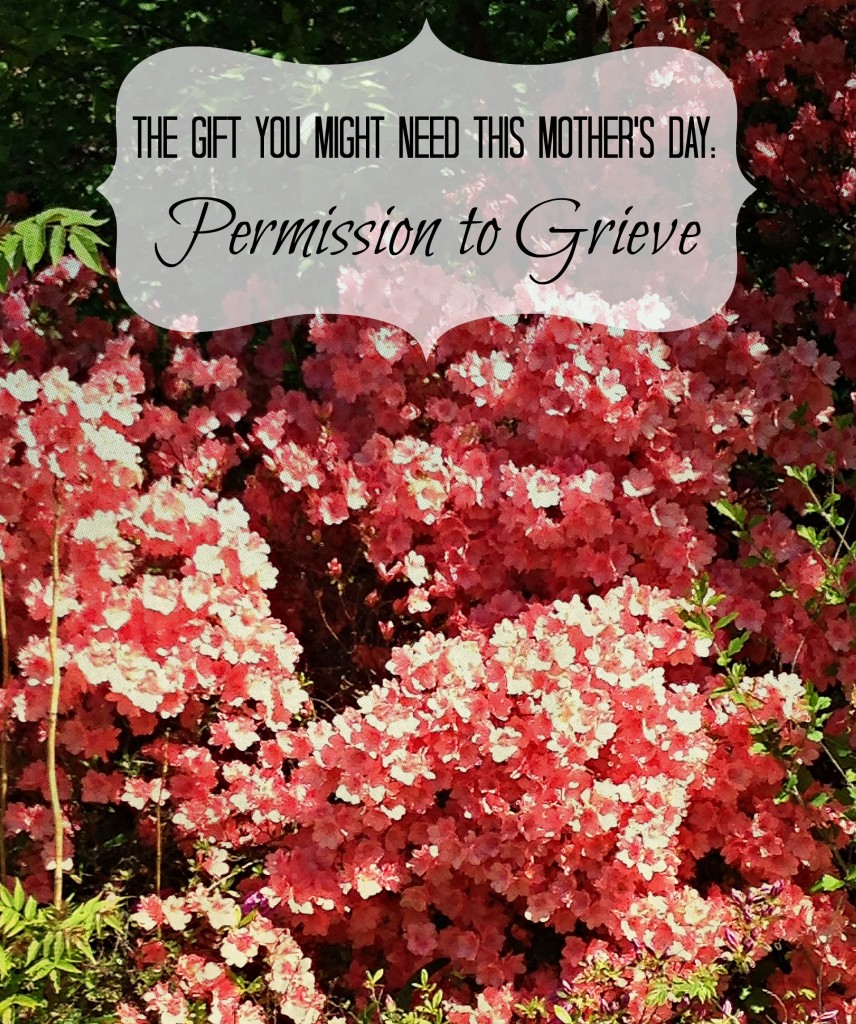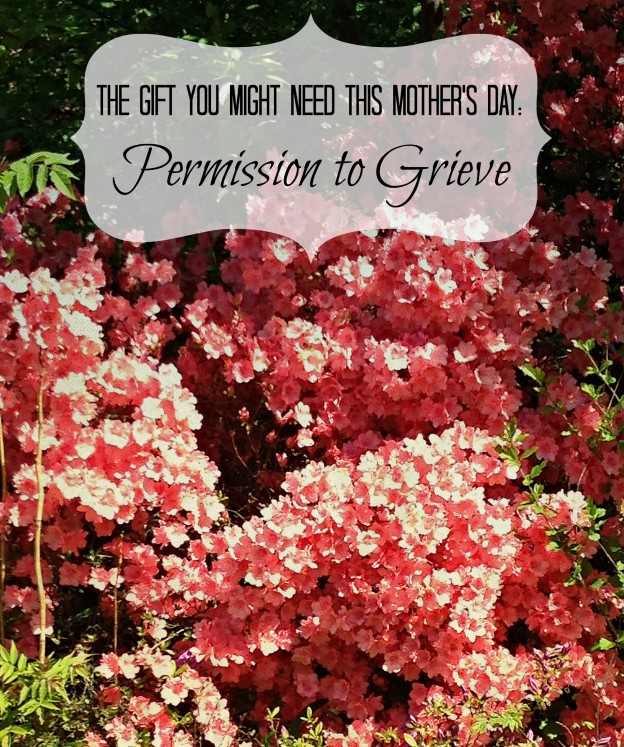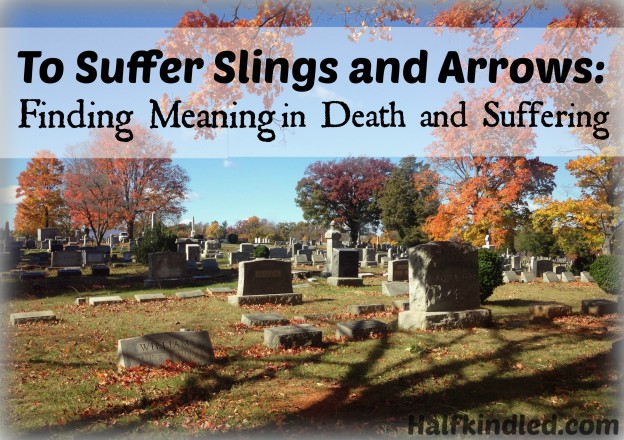 I love the idea of Mother’s Day: families taking time to honor those special women who have given so much of themselves. My own mother did so much for my siblings and I, that celebrating her generous love for only one day seems inadequate.
I love the idea of Mother’s Day: families taking time to honor those special women who have given so much of themselves. My own mother did so much for my siblings and I, that celebrating her generous love for only one day seems inadequate.
For many people, mother’s day can serve as a painful reminder of loss. Perhaps some will be mourning the passing of their mother or grandmother for the first (or even twentieth) time. In other cases, the day serves as a reminder of the child unable to join the celebration through death or separation. Some struggle as they mark another year childless. Maybe, most painfully of all, the day harbors the regret of motherhood lost through abortion, or childhood lost to abuse or neglect.
It is at these times when presence and love are most anticipated and desired, that their absence is most keenly felt.
This mother’s day, perhaps the most important gift you can give yourself or a loved one is permission to grieve. No one wants to feel sad, especially on a day when happiness is expected, but feigned happiness is not very helpful in the long term.
In order to deal with emotions properly you have to give yourself permission to recognize them, and accept that they are there for a time. It is so important not to shame yourself for what you are feeling. Telling yourself, “I shouldn’t feel this way” does nothing to resolve the situation and only adds the burden of guilt. Find healthy ways to express these emotions, perhaps through writing a letter, creating a work of art, or talking with a loved one.
Although I am blessed that my mother is still living, my husband is not so fortunate. Mother’s Day has become one of the most difficult days of the year for him. A day when he needs to take time to grieve.
I have to confess in years past, I was not very supportive of this. I didn’t understand why he couldn’t choose to focus on celebrating me as mother of our growing family and his grandmothers, both of whom are still living.
Frankly, I was being selfish. He shows me in so many ways throughout the year how much he admires and respects all that I do as mother to our children – I was not in any way suffering from a lack of appreciation. I needed to recognize that he was unable to celebrate in the way that I expected and that he needed space to grieve. He needed me to take a step back and truly listen to what he was saying and give him the space to process all that he was feeling. Sometimes it is so difficult to show true compassion.
Broken down into its roots, compassion literally means “to suffer with” someone. Often we focus on doing whatever we can to try to make a person feel better, when in fact what they really need is someone to suffer with them. Suffering alongside someone reveals great love and can foster deepened intimacy.
One of the few good things about grief is that it is a sign of love. No one mourns what they are indifferent about.
I hope that tomorrow is a day of joy and celebration for you and your loved ones. But if it is not, I hope that you are able to mark the day in a way that is full of peace and connection with the loved ones around you. Take time to enter into the day according to whatever season of life you are in. Allow yourself and other’s to be fully present in whatever commemoration the current stage of life requires, even when that is out of step with others. As it says in Ecclesiastes 3:4, there is “a time to weep and a time to laugh, a time to mourn and a time to dance.”
This Mother’s day, I pray that any sorrow you may experience can give way soon to a time of profound joy.
P.S. Here are a few links to ideas that have been bouncing around in the back of my head, while writing this post:
http://modernmrsdarcy.com/2014/04/my-view-from-saturday/




